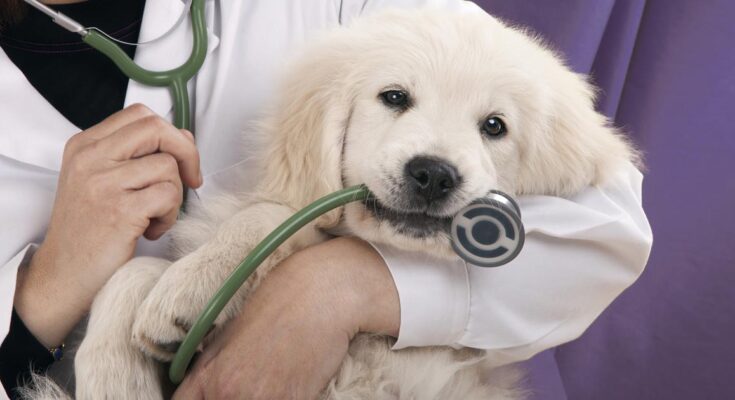You care deeply about your pets. General veterinarians play a key role in keeping them healthy. These professionals focus on preventing common health problems before they start. Regular check-ups with your Roanoke veterinarian can make a big difference. Early detection of health issues means quicker and more effective care. Vaccinations protect against dangerous diseases. Parasite control prevents discomfort and potential threats. Dental care keeps your pet’s mouth healthy and free from pain. Neutering or spaying not only controls the pet population but also lowers health risks. Good nutrition advice and weight management can prevent obesity and related problems. Behavioral guidance helps address any concerns before they become serious. Together, these steps keep your pet happy and healthy. Your veterinarian is your partner in this journey, ensuring a long, joyful life for your furry friend. By focusing on prevention, you give your pet the best chance at a thriving future.
The Importance of Regular Check-Ups
Regular veterinary visits are more than just routine. They are the cornerstone of preventive care. During these visits, your veterinarian conducts thorough examinations. These check-ups can uncover potential health issues you might not notice at home.
Core Preventive Measures
- Vaccinations: Vaccines protect pets from many serious diseases. According to the Centers for Disease Control and Prevention, they are essential for preventing rabies, distemper, and other illnesses. Regular boosters ensure continued protection.
- Parasite Control: Fleas, ticks, and worms can harm your pet’s health. Your veterinarian provides effective treatments and preventive measures to keep these threats at bay.
- Dental Care: Oral health is critical for overall well-being. Regular cleanings and at-home care keep your pet’s teeth and gums healthy.
Neutering and Spaying Benefits
Spaying and neutering are common procedures with significant health benefits. These include reduced cancer risks and the prevention of unwanted litter. This step contributes to your pet’s long-term health and happiness.
Nutrition and Weight Management
Proper nutrition is fundamental for preventing obesity and related health problems. Your veterinarian can tailor dietary advice to your pet’s specific needs, ensuring they receive balanced, appropriate meals.
Behavioral Guidance
Behavioral issues can impact your pet’s quality of life. Your veterinarian can identify underlying health problems or provide training and behavior tips to enhance your pet’s well-being.
Comparing Core Prevention Strategies
| Strategy | Benefit |
|---|---|
| Vaccinations | Protects against serious and contagious diseases |
| Parasite Control | Prevents discomfort and serious health risks |
| Regular Check-Ups | Early detection and prevention of health issues |
| Diet and Weight Management | Prevents obesity and related health problems |
Why Choose a General Veterinarian?
Your general veterinarian offers comprehensive care for all your pet’s needs. They know your pet’s history and can provide personalized care plans. Their role in your pet’s health extends beyond treatments to holistic well-being. Trust them to guide you in maintaining a healthy, happy pet.
Building a Partnership
Your relationship with your vet is a partnership. Open communication and trust ensure the best care for your pet. Regularly updating your vet on any changes in behavior or health is crucial. This collaboration supports your pet’s long-term health and happiness.
Conclusion
Preventive care is the most effective way to keep your pet healthy. Through regular check-ups, core preventive measures, and open communication with your veterinarian, you ensure your pet receives the best possible care. A proactive approach extends your pet’s life and improves its quality of life. For more detailed guidelines on pet health, visit the American Veterinary Medical Association.




